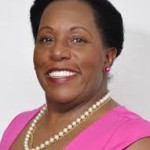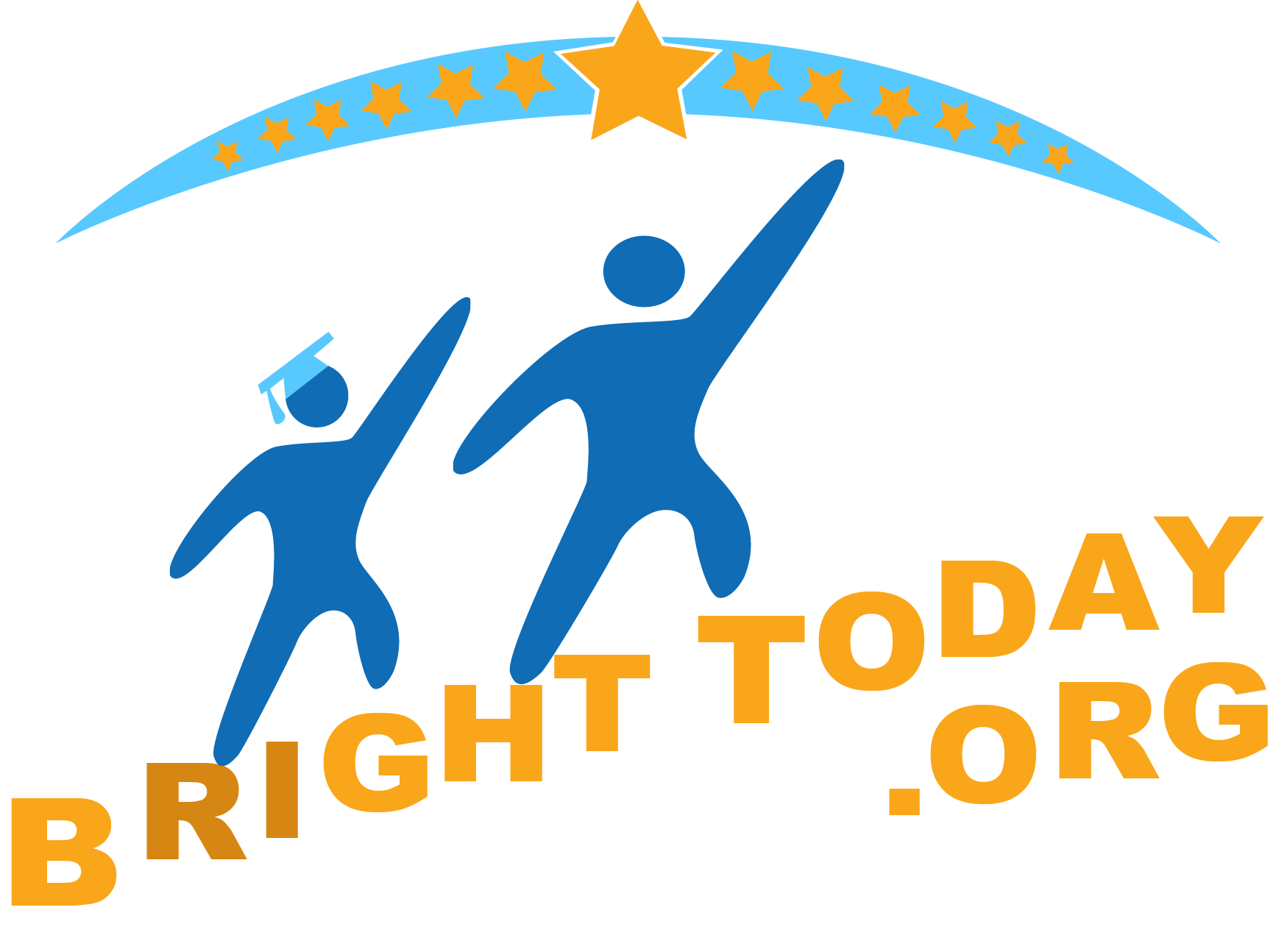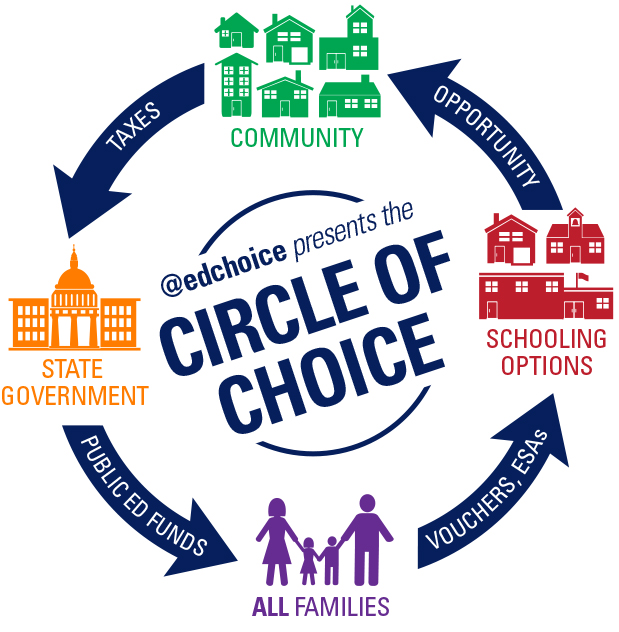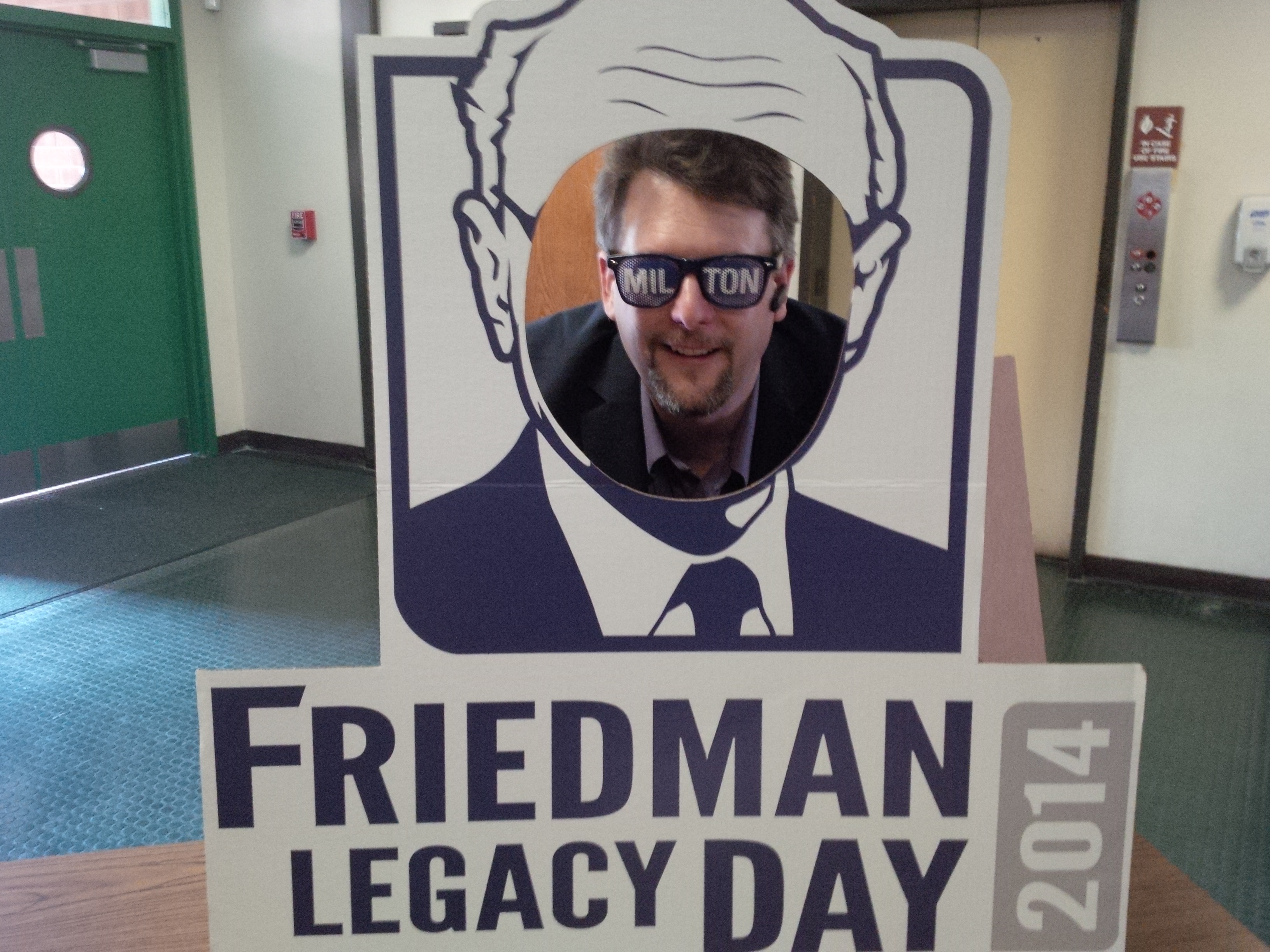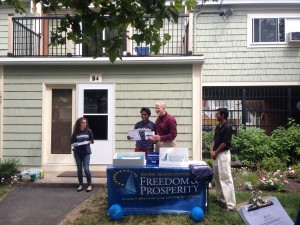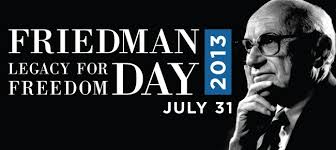Read Tiffany’s essay here … Read Bryan’s essay here … Listen to Tiffany and Bryan on the Helen Glover Radio Show 920WHJJ-AM
Media Release: July 31, 2013
Providence, RI — In celebrating “Friedman Legacy Day 2013”, the RI Center for Freedom & Prosperity will award prizes today to Tiffany Rezendes and Bryan Morillo, the top two essayists in a private essay contest it conducted with the youth-run empowerment organization, People United For Change, based in the Wiggins Village section of Providence.
Friedman Legacy Day is an annual celebration of the life and work of Milton Friedman, a Nobel Prize winning economist and one of the early pioneers of school choice in America. Today would have been Friedman’s 101st birthday.
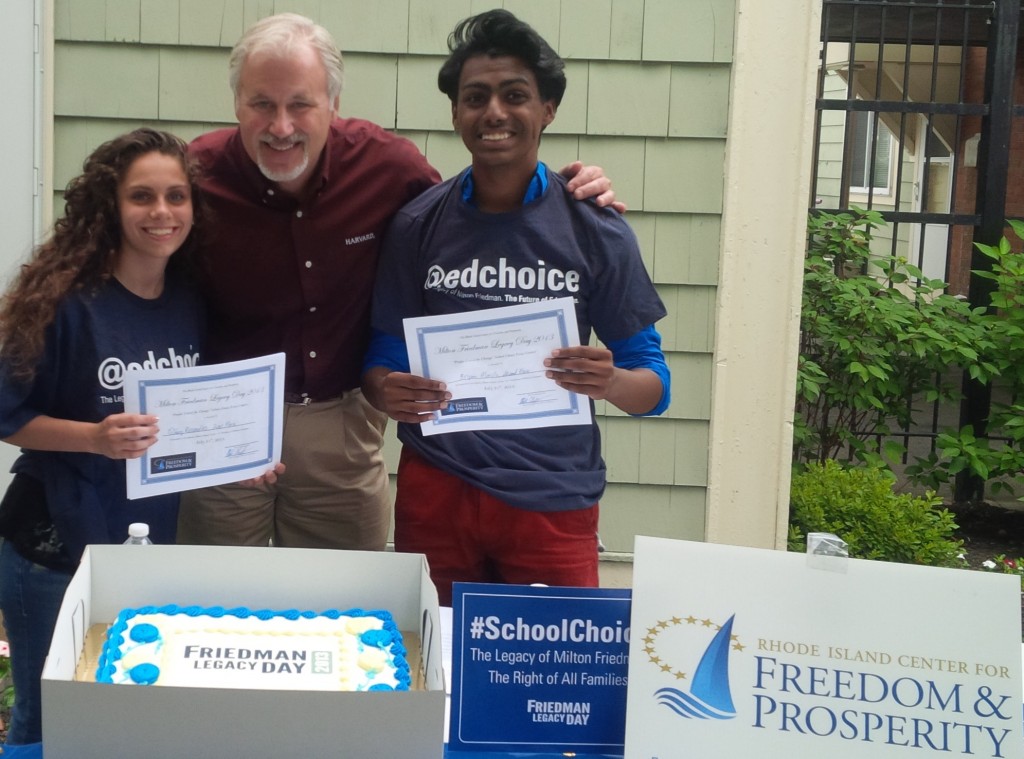
Tiffany Rezendes and Bryan Morillo were announced as the top two essayist in the 2013 Milton Friedman Legacy Day Essay Contest celebration. Thanks to People United for Change for partnering with our Center.
Essayists were asked to write about how school choice has, or may have, made a difference in their lives or in someone they know. Both winners attended Providence district schools and each will receive an IPad donated by a Board member of the Center.
“A major assertion of Milton Friedman was echoed as a common theme in the personal essays we received; namely, that poor families are most affected by a lack of school choice,” said Mike Stenhouse, CEO of the Center. “He believed that residents of low-income neighborhoods, more than any other population, are disadvantaged as to the quality of schooling they can get for their children.”
Rezendes, 20, wrote about how one of her closest friends dropped out of high school due to a lack of a challenging curriculum in her Providence school, with no option to choose a school that was better suited to her interests, and how “she just gave up once she found out she wasn’t accepted into Classical because all her hopes of having a great education had to be lowered to settle for a below average school experience.”
Morillo, 17, discussed how lack of choice in schools “condemned the students of providence (sic) to an attitude of ‘sit at home and collect a check’ … ” because of a curriculum that left many “unprepared for the real world”, and “making it easy to simply go through the motions …”
People United for Change is a youth-run organization based at Wiggins Village in Providence, focused on empowering people to bring about positive and meaningful change, through unity, to the city of Providence and the state of Rhode Island.
Read Tiffany’s essay here …
Read Bryan’s essay here …
ABOUT the Contest
The School Choice Essay Contest asked students to write about how school choice could have positively affected their life, or someone close to them. Essays were scored from 1-10 in each of four categories: emotional appeal, realism, defense of school choice, and quality of writing. Each of the five judges read and scored each essay.
JUDGING PANEL
Dr. Angela Dills, PhD – Economics Professor, Providence College. Doctor Dills has championed school choice for several years through research and speaking.
Matthew Fabisch – Attorney, Stephen Hopkins Center for Civil Rights. Matt has worked extensively on the legality and principles surrounding school choice.
Creusa Michelazzo – Providence-based small business owner. Macremi specializes in PR, production, and community/business development.
Akash Chougule – Outreach Coordinator, RI Center for Freedom. Akash conducts the Center’s youth outreach to state and national liberty organizations.
Tyler Tassinari – Student, Arizona State University and Center Intern. Tyler is spending his summer doing school choice research for the Center.


